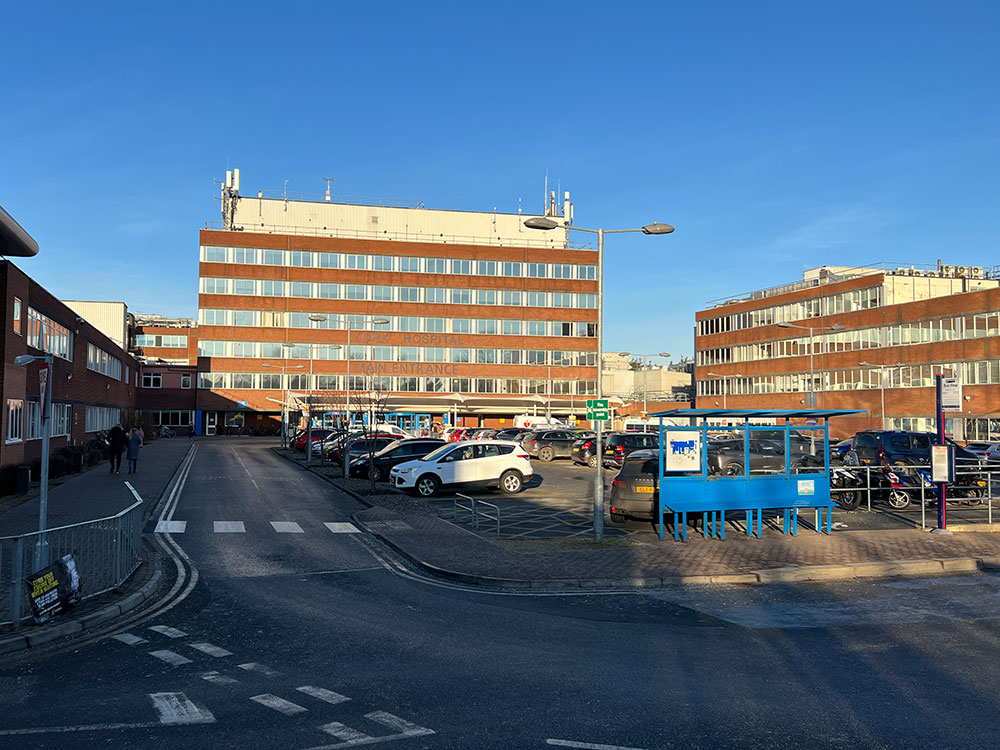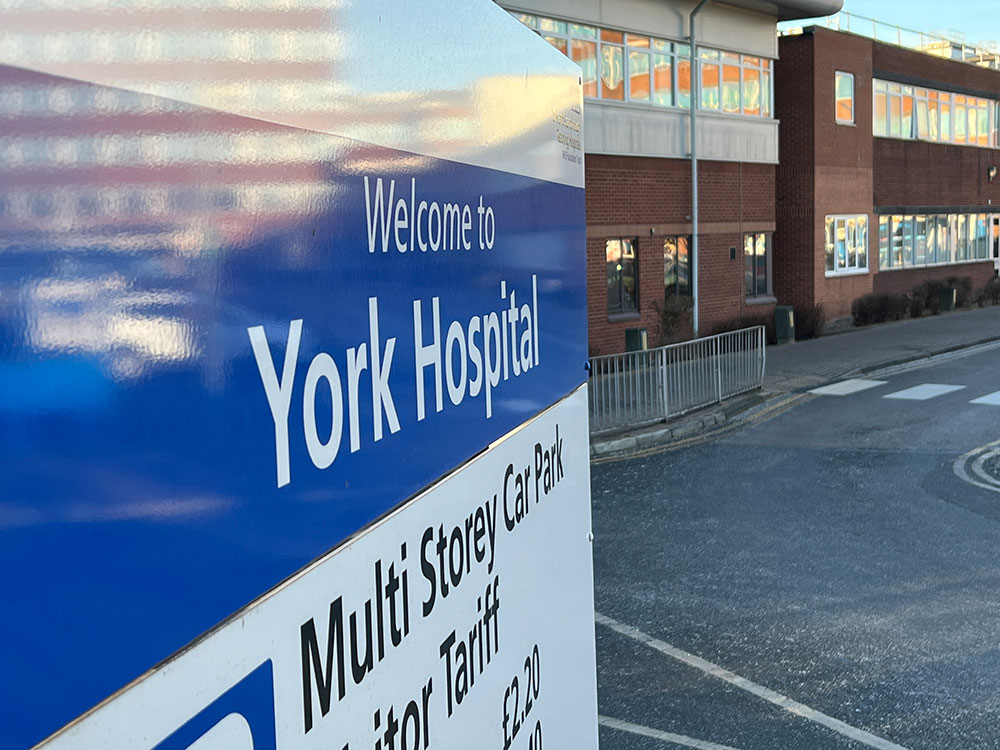York hospital chiefs have promised to learn the lessons from the winter period after a critical incident was “nearly” declared last month.
York and Scarborough hospitals were under “ongoing exceptional pressure” in the period leading up to Christmas and at the start of the new year.
A spike in flu and Covid cases, along with a significant increase in the number of patients who were medically fit but had no arrangements for their care outside of hospital, saw the trust take emergency measures on top of its usual winter planning.
National media reported that the trust had declared a ‘critical incident’ following a leaked email, but this was denied by the trust at the time.
Hospitals bosses said instead they had enacted “enhanced Opel 4” during their most recent board meeting.
Operations Pressure Escalation Levels (Opel) is a method used by the NHS to measure the stress, demand and pressure a hospital is under, with Opel 4 representing the high escalation level.
The enhanced measures saw extra bed capacity opened up, routine elective surgeries cancelled and additional weekend shift support.
Medical director Karen Stone described it as a “perfect storm”.
She added: “It was all the things coming together that wouldn’t normally come together to cause us to be in extreme difficulty. The response that we had to take on January 3 was exceptional in terms of the asks we made of staff and partners.”
Board chairman Alan Downey said it had been a “tremendous effort”, but asked whether the situation could have been foreseen.
“It does seem to me that the storm was very obviously brewing right the way through the holiday period,” he said. “You could see it stepping up day by day. “
Ms Stone said: “I think our planning and learning will absolutely be embedded in next year’s winter plan.”
Care ‘failure’

The meeting was also told that Opel 4 – which means “unable to deliver comprehensive care” and patient safety is at risk – had become “normalised” at the trust after being declared in December 2021.
Non-executive board member Steven Holmberg said: “In some ways, reaching Opel 4 represents a failure, doesn’t it?
“Fundamentally, we’re having to get used to the idea that a significant number of patients will have prolonged periods of their care in the emergency area.”
Ms Stone said: “Where we have been in such extremis and they have had to have their care in ED (emergency department), that is absolutely not the place we would want to deliver their care, but we have been putting in place all the measures we can to try to make that care as safe as possible while they are not in a formal bed space”.
The trust was working on measures to ensure patients get to a proper bed space more quickly, Ms Stone said.
She added: “The trust had been operating at Opel 4 for months. It had become a bit normalised.”
Ms Stone said she had asked for a review of what the triggers for Opel 4 are.
She added: “We shouldn’t be operating at Opel 4 – a trust like this should probably be between 2 and 3 most of the time. Opel 4 needs to provide the response that we provided by going to Opel 4-plus on January 3 and we need to reset that within the organisation.”
A full ‘lessons learnt’ report on the peak of the winter crisis will be presented to a future meeting of the hospitals trust board.
[tptn_list limit=3 daily=1 hour_range=1]
